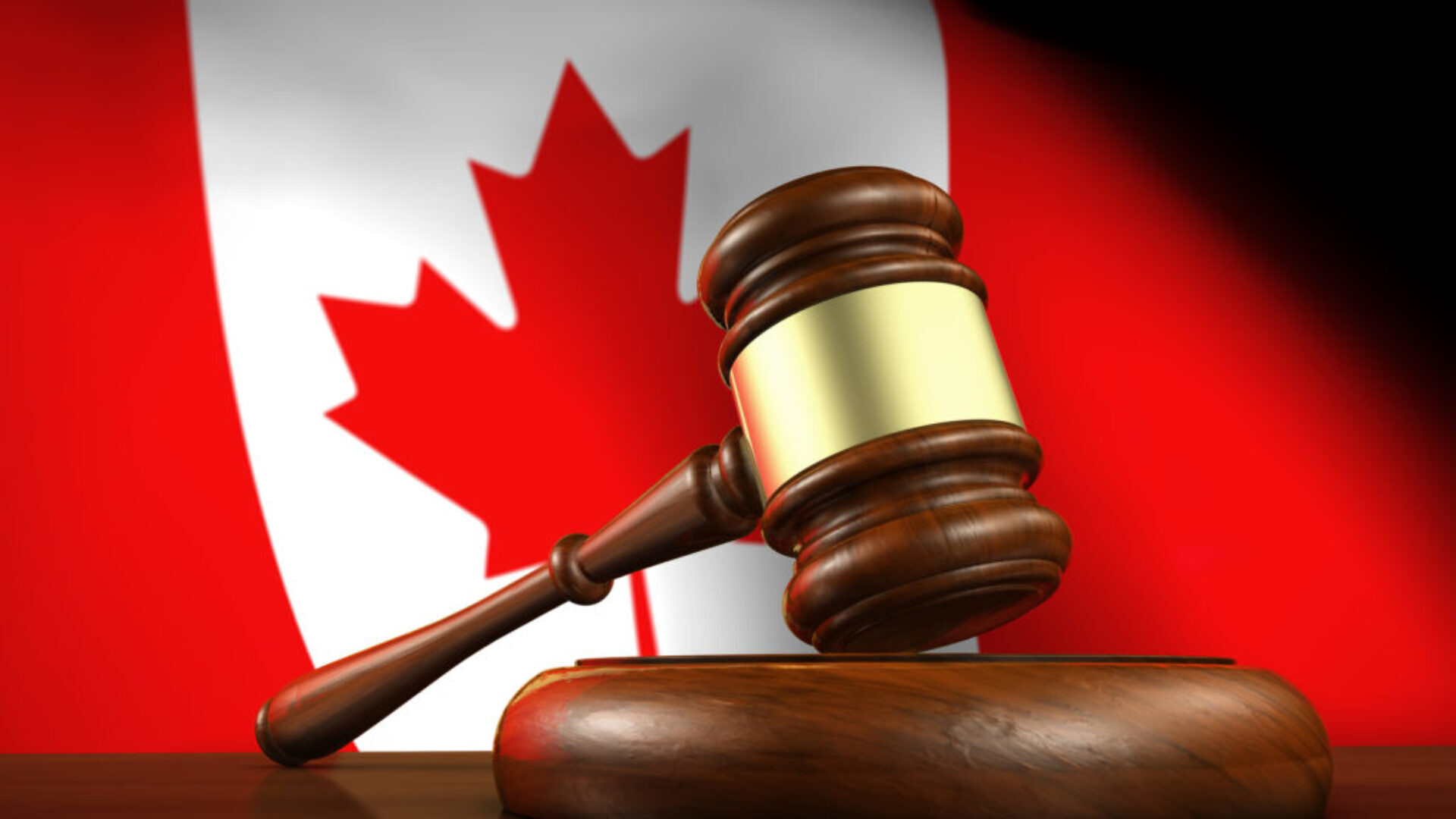Guardianship for Students in Ireland

Guardianship for Students in Ireland: A Complete Guide
Introduction
Ireland has emerged as a leading destination for international students due to its high standard of education, friendly environment, and globally recognized institutions. Each year, thousands of students from countries across the world arrive in Ireland to attend primary schools, secondary schools, and universities. For minors—students under the age of 18—guardianship is a legal and practical requirement that ensures their safety, welfare, and compliance with Irish laws.
This comprehensive article explores guardianship for international students in Ireland, focusing on legal responsibilities, types of guardianship, the role of guardianship agencies, procedures for compliance, and what families should consider when arranging guardianship. Whether you’re a parent abroad, a prospective guardian in Ireland, or a school administrator, this guide will help you navigate the entire process confidently and thoroughly.
Understanding Guardianship for Students in Ireland
What Is Guardianship?
Guardianship refers to the legal and moral responsibility for the care and welfare of a child (anyone under the age of 18 in Ireland). For international students coming to Ireland without a parent or legal guardian accompanying them, a responsible adult must be appointed to act in that capacity during their stay.
In practical terms, a guardian acts in loco parentis (in place of the parent) and is responsible for overseeing the student’s health, education, discipline, accommodation, and safety. They serve as the point of contact for schools, hospitals, and authorities, and must be available in emergencies.
Who Needs a Guardian in Ireland?
Any international student under the age of 18 who is not living with a parent or legal guardian in Ireland is legally and institutionally required to have a nominated guardian. This is especially relevant for students attending:
-
Secondary schools (public or private)
-
Boarding schools
-
Language and foundation programs
-
High school exchange programs
Even some universities and colleges may require guardianship arrangements for students under 18 at the time of admission.
Legal Framework Surrounding Guardianship for Students in Ireland
Irish Law on Minors
In Ireland, a person under 18 is considered a minor and is not legally permitted to make decisions on their own regarding education, health, travel, or housing. This means:
-
Schools cannot enroll or manage minors without a responsible adult's involvement.
-
Hospitals require a guardian's consent for medical treatment.
-
Immigration officers may ask for guardian contact details upon arrival.
While temporary guardianship arrangements are common, they must be clear, transparent, and well-documented to comply with school and immigration policies.
School Requirements
Irish secondary schools and boarding institutions generally require:
-
A named guardian residing in Ireland.
-
Emergency contact availability 24/7.
-
Signed documentation confirming guardianship responsibilities.
-
Parental consent for the appointment of the guardian.
Some schools have partnerships with guardianship agencies and may request that international families choose an approved provider.
Roles and Responsibilities of a Guardian
The guardian’s responsibilities are both practical and legal, aimed at supporting the student throughout their stay in Ireland. These include:
1. Emergency Contact: Guardianship for Students in Ireland
The guardian must be available at all times to respond to emergencies, such as medical issues, accidents, or behavioral incidents.
2. Medical Authorization
They provide consent for medical treatments and are responsible for ensuring the student’s health and access to healthcare when needed.
3. School Liaison
The guardian communicates with the school on academic performance, behavior, attendance, and parental meetings. They represent the parent when required.
4. Travel Supervision
Guardians help with planning school breaks, host family arrangements, airport pickups, and approvals for student travel.
5. Accommodation Oversight: Guardianship for Students in Ireland
While some students stay in boarding houses, others may live with host families. Guardians monitor the quality and safety of accommodations.

6. Well-being Monitoring
Guardians ensure the student’s overall well-being, mental health, cultural adjustment, and integration into Irish life.
Types of Guardianship in Ireland
There are two main types of guardianship arrangements commonly used by international families:
1. Family or Friend-Based Guardianship for Students in Ireland
Parents may appoint a relative or family friend living in Ireland as their child’s guardian. This arrangement must be:
-
Accepted by the school
-
Properly documented
-
Agreed to in writing by all parties
Pros:
-
Familiarity with the student
-
Personal relationship and trust
Cons:
-
May lack professional support services
-
Not all schools accept informal arrangements
2. Professional Guardianship Services: Guardianship for Students in Ireland
These are agencies or individuals offering professional guardianship packages. They provide comprehensive services such as:
-
24/7 support
-
Emergency assistance
-
Progress reports to parents
-
Travel and accommodation planning
These services are ideal for parents who do not have trusted contacts in Ireland and want structured support.
Pros:
-
Experienced in working with schools and authorities
-
Provides a buffer for cultural or communication gaps
-
Usually approved by schools
Cons:
-
Paid service (annual fees vary)
-
Less personal than a family arrangement
Choosing a Guardianship Provider in Ireland
If you opt for a professional guardian, choosing the right provider is essential. When selecting a guardianship service, consider the following:
Accreditation and Reputation
Check whether the agency is affiliated with education and guardianship associations in Ireland or the EU. Look for providers with good reputations and verifiable testimonials.
Location
Choose a guardian or agency with staff based close to the school. This ensures quicker response times in emergencies and smoother interactions with the institution.
Service Packages
Guardianship services may offer various tiers:
-
Basic Plan: Emergency contact, consent for school-related issues
-
Standard Plan: Emergency contact, school communication, regular check-ins
-
Premium Plan: All of the above plus airport transfers, accommodation checks, and additional reporting
Cultural Sensitivity: Guardianship for Students in Ireland
For students from non-English-speaking backgrounds, it may be helpful to work with guardians who understand the student’s cultural or linguistic background.
Guardianship Documentation Required
To formalize guardianship in Ireland, specific documentation is typically required:
1. Parental Consent Letter
A signed and dated letter from the parents granting guardianship rights to the individual or agency in Ireland. It must include:
-
Student’s full name and DOB
-
Parent’s full names and contact information
-
Guardian’s full name and address
-
Scope and duration of guardianship
2. Guardian Agreement Form: Guardianship for Students in Ireland
This outlines the responsibilities of the guardian and confirms their acceptance of the role. Schools may provide their own version of this form.
3. Identification Documents
Both the student and the appointed guardian will need to provide identification, such as a passport, residency permit (if applicable), or proof of address.

4. Emergency Medical Consent
A form that authorizes the guardian to make medical decisions on the student’s behalf.
5. Proof of Residence
Schools and immigration officers may require documentation confirming that the guardian resides in Ireland.
Guardianship Costs in Ireland
The cost of professional guardianship in Ireland varies depending on the services provided. A general fee structure might look like:
| Service | Cost Range (EUR) |
|---|---|
| Basic Guardianship (yearly) | €800 – €1,200 |
| Full-Service Guardianship | €1,500 – €3,000 |
| Emergency-only Package | €300 – €600 |
| Additional Airport Transfers | €50 – €150 per trip |
| Academic Reporting & Meetings | €200 – €500 per year |
These fees typically cover administrative support, communication with the school, 24/7 availability, and some include occasional in-person visits or progress reports.
The Role of Schools in Guardianship for Students in Ireland
Irish schools often play an important administrative and pastoral role in the guardianship arrangement. Many schools:
-
Require guardian details before accepting enrollment
-
Contact guardians in case of any academic, behavioral, or medical issue
-
Schedule meetings with guardians during the academic year
-
Request the guardian’s presence at disciplinary hearings or parent-teacher conferences
Failing to provide acceptable guardianship documentation can lead to delayed admission or even denial of school placement.
Immigration and Visa Considerations: Guardianship for Students in Ireland
Ireland requires non-EU students to obtain a student visa for long-term stays. While guardianship is not a direct visa requirement, immigration officers may ask:
-
Who the minor will live with
-
Who is responsible for their welfare
-
Whether appropriate guardianship arrangements are in place
Having a clear guardianship plan, including signed consent forms and contact details, strengthens the student’s visa application and entry process.
Challenges and Solutions
Language Barriers
Parents and students with limited English may struggle to communicate with schools or guardians. Solution: Choose guardians who speak the parent’s native language or offer multilingual support.
Cultural Differences
Students may experience culture shock. A good guardian provides emotional support and helps with cultural adaptation.
Travel and Holidays
Guardianship providers typically assist with arrangements for school holidays or require parents to book homestays during school closures.
Emergency Scenarios
A competent guardian should have protocols for illness, hospitalization, or behavioral issues.
Final Thoughts
Guardianship is a foundational element of a minor’s education journey in Ireland. It ensures the student’s legal protection, emotional support, and successful adaptation to a new culture and schooling system. Whether a family chooses a professional guardianship agency or appoints a trusted family friend, the arrangement must be carefully planned and documented.
Ireland’s welcoming educational environment and high standards make it an excellent choice for young learners from around the world. By securing a responsible and responsive guardian, families can rest assured that their child is well-cared-for, both in and out of the classroom.
In case, if you need help with Guardianship for Students in Ireland, please contact the Student Homestay & Guardianship Dublin


